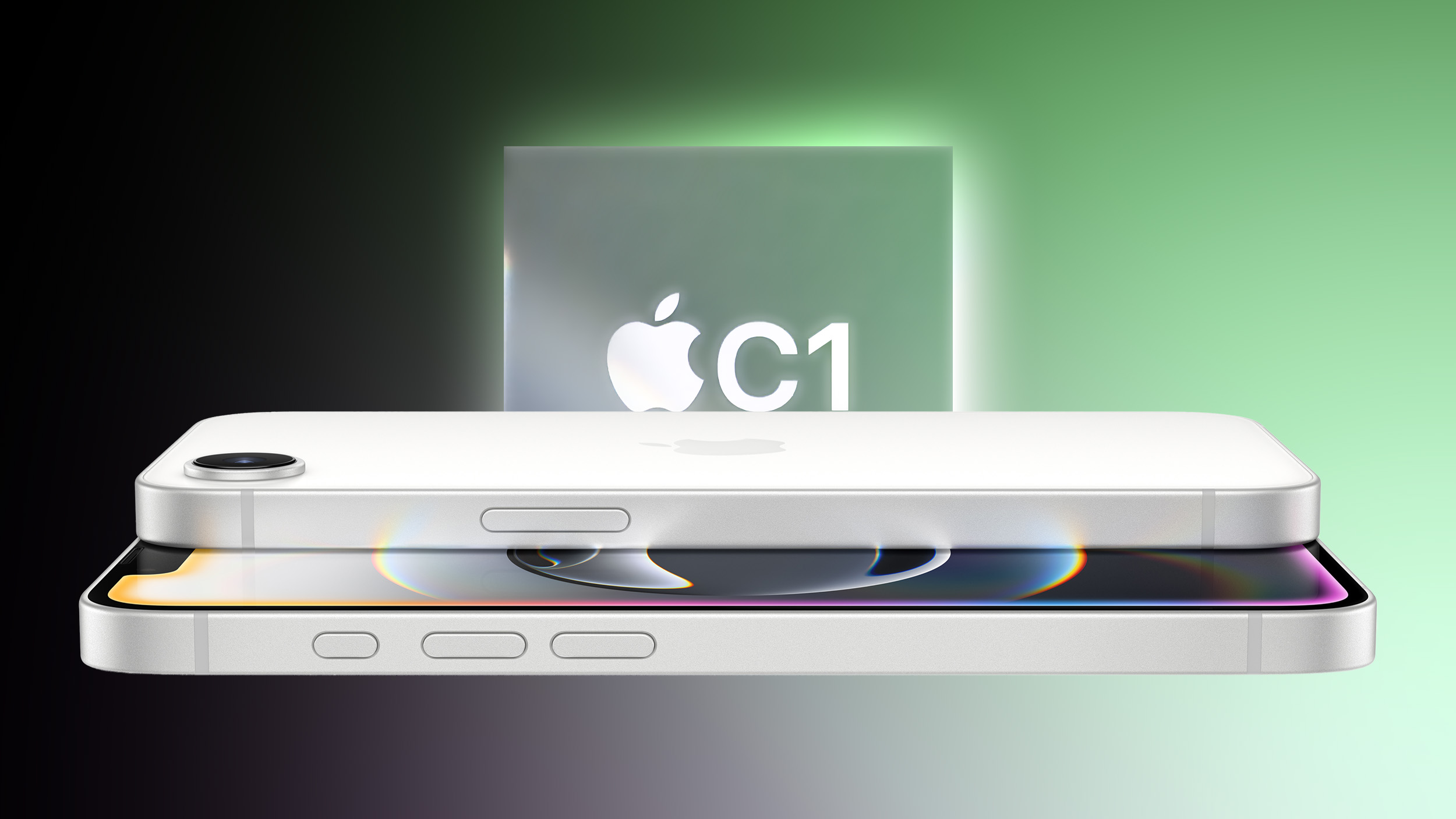
Ookla, the network intelligence company known for its Speedtest tool, today published the results of its second iPhone 16e cellular speed test.

In short, Ookla found that the iPhone 16e with Apple's custom-designed C1 modem "performs similarly" to the standard iPhone 16 with Qualcomm's Snapdragon X71 modem in the "vast majority of markets" that it examined.
However, results sometimes varied considerably based on carrier and country.
Ookla said the median 5G download speed for the standard iPhone 16 on T-Mobile's network in the U.S. was 317 Mbps, compared to 252 Mbps on the iPhone 16e. However, on an unspecified Spanish network, it said the iPhone 16e achieved a median 5G download speed of 139 Mbps, topping the iPhone 16 at 110 Mbps.
All in all, Ookla said the iPhone 16e performs "comparatively" to the iPhone 16 for 5G connectivity, which reinforces its earlier March findings.
iPhone 16e users can rest assured that Apple's first 5G modem is no slouch, which is good news ahead of Apple's special event tomorrow, as the ultra-thin iPhone 17 Air is also expected to be equipped with the C1 modem.
Head to Ookla's website for the in-depth results.
Article Link: Apple's C1 Modem Put Through New Speed Test Ahead of iPhone 17 Air

